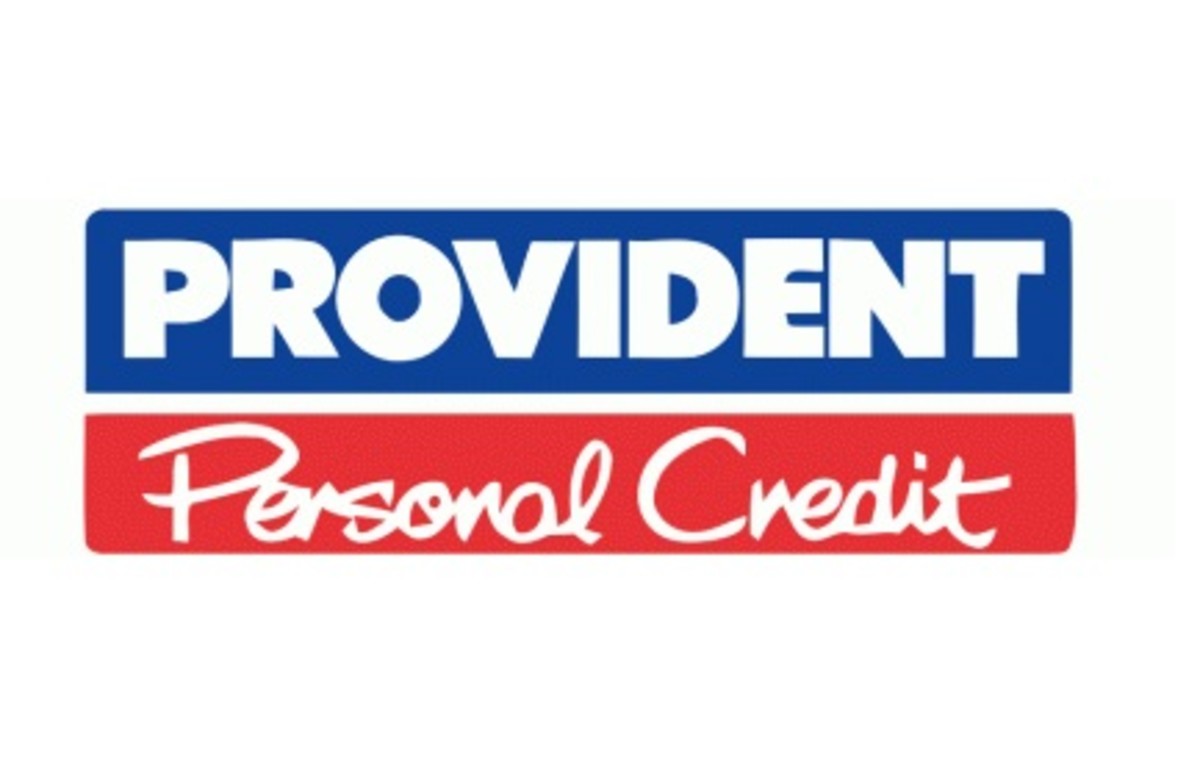Working Capital Loans Information
What Is A Working Capital Loan?

Working Capital Loans
Working capital loans can have some of the most confusing loan options on the market. At the heart of this confusion is the varying terms and conditions established by lenders. Before heading into the bank and being overwhelmed with a wave of information, gain some prior knowledge by reading this guide on working capital loans. You'll be glad you did!
Keep Your Business Growing With Working Capital Loans
Working Capital loans are short-term business loans. They are used for financing the purchase of income-generating assets and inventory. They are meant to increase cash flow. These kinds of loans provide businesses with the capital required to expand operations, purchase new assets, and manage business growth in a relatively quick manner. Most working capital loans require full payment within a specified period, such as 30, 60, or 90 days from the date of the loan contract. Working capital loans may be secured loans. These loans are backed by some form of asset or personal guarantee. Unsecured loans may also be available. These types of loans are given to borrowers that the banks deem to be low or no risk.
Common types of working capital loans
Working capital loans come in many different types. To make matters more confusing, different banks and lending institutions use substantially different terms to describe the same types of loans. To help clear the cloud of confusion often created by banks. The following is a list of some of the most common working capital loans.
Overdraft & Line-of-Credit
Overdraft or line of credit, allows you to draw funds over the available credit limit established by your bank.
The terms, conditions, and amounts of the line of credit will vary from business to business. It is variable upon your relationship with the lending institution and your credit history. A well established good credit rating will result in a higher line of credit, allowing you more of an overdraw limit. One nice element of an overdraft is that you pay interest only on the amount you have overdrawn against your account. The interest rate charged on the overdraft is a typical 1% to 2% prime. But it could be higher depending on the terms of your contract.
Short term loans
Short term loans are loans that are payable in monthly installments. Payments are made according to an amortization schedule and may require collateral as part of the loan terms and contract.
Accounts receivable or Confirmed sales orders
Confirmed sales order loans allow you to apply for working capital loans; that are against a confirmed order or sale. Requiring you to raise capital in order to fulfill it. For example, if your company has been given an order of sizeable magnitude, and you need immediate assets to fulfill the order. You may take out a working capital loan to fulfill the order, based on the value of the sale. When the order is paid, then the loan is repaid from the profits. You may also apply for a working capital loan against the value of your accounts receivable.
Accounts Receivable
What are accounts receivable? Accounts receivable is the amount of money you have billed a customer but have not yet received.
Government working capital loan options

Internationalization Finance (IF) Scheme
Designed to help businesses expand to foreign markets, the IF Scheme allows for loans up to $15 million for the purchase of fixed assets. Companies seeking to expand their brands, services, and products overseas should consider one of these loans. The loan amount parental can be substantial.
Local Enterprise Finance Scheme (LEFS)
LEF Scheme loans are designed for businesses looking to expand and solidify their brand locally. With the help of one of these fixed interest loans, you can strengthen, upgrade, and expand your business.
Loan Insurance Scheme (LIS)
LIS loans are secured loans that are given against the default. These kinds of loans will usually be subsidized 50% of the insurance premium by the Government.
Micro Loan Program
They are Ideal for small businesses seeking an initial boost of capital. Businesses can take on loans as much as $50,000 with this type of loan plan; a viable loan option for start-up companies.
Trade Credit Insurance (TCI) Program
Get your accounts receivable insured against non-payment risks. Trade Credit Insurance Programs are ideal for businesses trying to raise working capital at a low rate, but don't have the substantial trade volume of a larger company.
This article is accurate and true to the best of the author’s knowledge. Content is for informational or entertainment purposes only and does not substitute for personal counsel or professional advice in business, financial, legal, or technical matters.
© 2019 Jason Nicolosi








